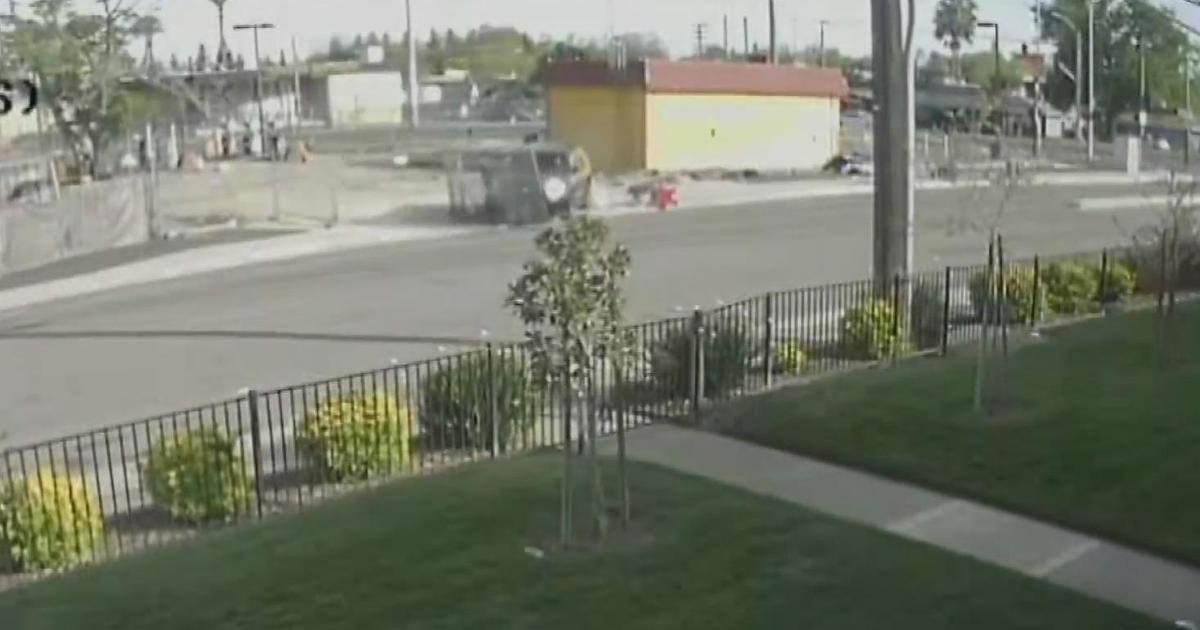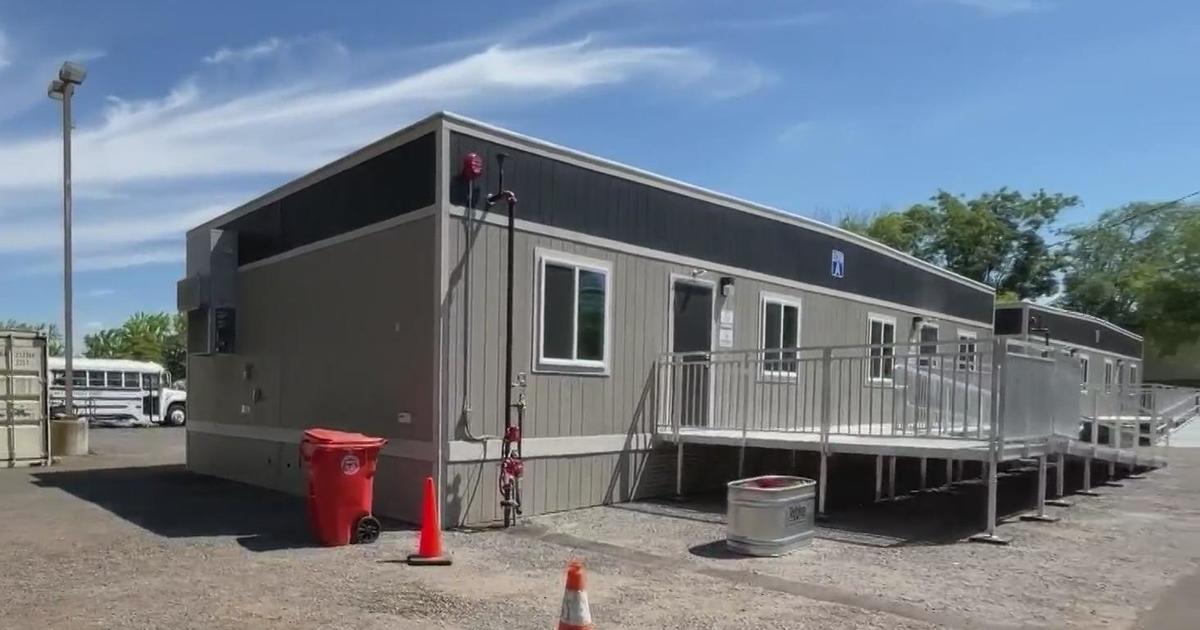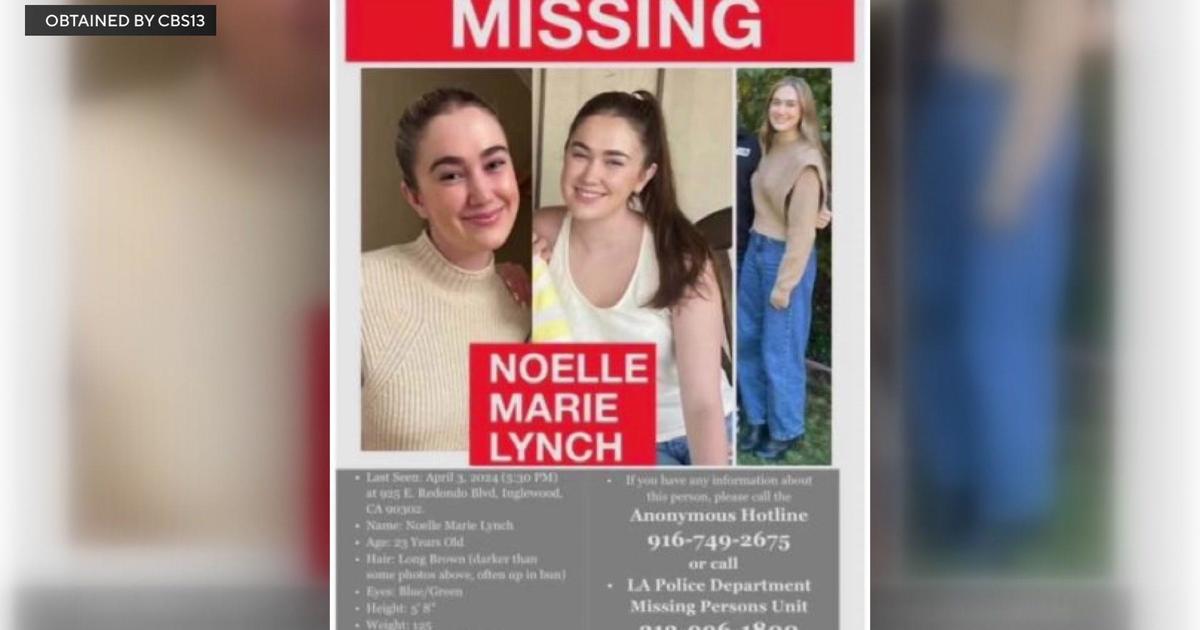Oregon Cities Rush To Tax Marijuana Before State Legalizes It, Takes Revenue
ASHLAND, Ore. (AP) - At least 20 cities and counties around Oregon are racing to approve local taxes on marijuana in case voters in November decide to legalize recreational pot.
The number has been growing, despite provisions in Measure 91 giving the state sole authority to tax marijuana, and specifically repealing conflicting local ordinances.
The idea for a local tax came to Ashland city administrator Dave Kanner last February, and it was approved by the City Council in August. With 400,000 tourists a year coming to Ashland to attend the Oregon Shakespeare Festival, Ashland has already broken ranks with other Oregon cities and taxed restaurant meals and drinks.
Kanner just plugged pot into the same template as meals and beverages. After the City Council approved his idea for a 10 percent tax on pot sales, he got calls from other cities interested in doing it.
"It may be up to the Legislature or the courts to render a final decision on whether I'm right or they're right," Kanner said. "Apparently a lot of cities agree with my interpretation."
Kanner hopes that Ashland, on the border with California, will draw pot users along with Shakespeare fans and the new taxes could add nearly $1 million a year to city coffers.
Lawyer Dave Kopilak, who drafted the Measure 91, says the provision forbidding local taxes on pot sales stems from similar rules on liquor.
"I would think a city council would be wasting their money on a lawsuit there is no way they could win," he said.
Residents of Alaska, Oregon and Washington, D.C., will also vote Nov. 4 on whether to legalize recreational marijuana. Voters in Colorado and Washington state approved recreational pot in 2012.
A total of 16 communities in Colorado have imposed taxes on marijuana on top of a state tax. In Washington state, the law did not grant local governments such authority, though general local sales taxes still apply.
So far, there have been no moves by communities in Alaska to impose taxes. The initiative in Washington, D.C., makes possession of limited amounts legal but does not authorize retail sales.
In Oregon, Measure 91 would let the state charge a tax of $35 for an ounce of buds, $10 for an ounce of leaves, and $5 for an immature plant.
After expenses, the state would give 40 percent of the proceeds to schools; 20 percent to programs involving mental health, alcoholism and drug services; 15 percent to state police; 10 percent each to city and county law enforcement; and 5 percent to the Oregon Health Authority.
Various economic studies suggest a state tax could raise from $16 million to $81 million a year.
Most local taxes that have already been passed or proposed call for a 10 percent tax and exempt medical marijuana. Some local taxes, however, are as high as 20 percent and cover both types of sales.
Communities considering pot taxes include major cities such as Portland and Eugene, suburbs such as Happy Valley, and rural towns like Coquille.
The City Council in Sandy, a city of 10,000 people outside Portland, does not want to see any marijuana retailers or medical marijuana dispensaries in the town where skiers on their way to Mount Hood often stop for eats.
But if they do set up shop, pot sellers would face a 20 percent tax to defray the cost of law enforcement, City Manager Seth Atkinson said.
Manitou Springs is one of the towns in Colorado with a tax on recreational pot. Hard numbers won't be available until mid-October. But chats with the owner of the only retail marijuana store in town indicate it could generate $1 million a year for the town with a $4.2 million budget, Mayor Marc Snyder said.
Snyder says the tourist town of 5,000 at the base of Pikes Peak has seen and a big influx in marijuana tourists that is also benefiting other businesses.
Copyright 2014 The Associated Press.



